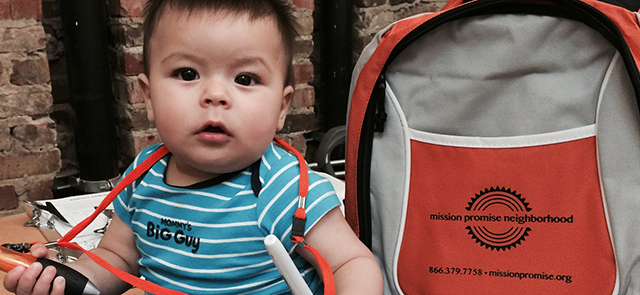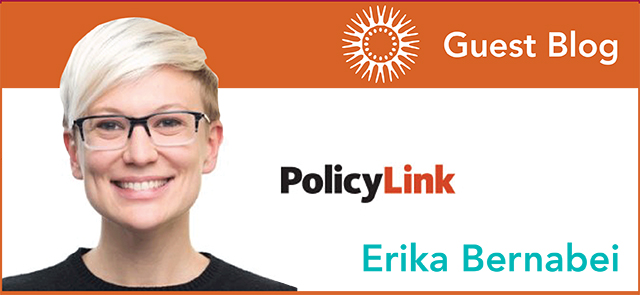
by Raquel Donoso, Director, Mission Promise Neighborhood
There was some great news on December 10th, as President Obama added his signature to the Every Student Succeeds Act of 2015 (ESSA), now officially the law of the land. ESSA is a reauthorization of the five-decades-old Early and Secondary Education (ESEA) Act of 1965.
The President had pushed for ESSA’s passage before the calendar turned to another year, seeing the bill as a way to address gaps in the No Child Left Behind Act of 2001. The administration explained what needed to be remedied as follows: “The goals of No Child Left Behind were the right goals: Making a promise to educate every child with an excellent teacher. That’s the right thing to do, that’s the right goal. Higher standards are right. Accountability is right … but what hasn’t worked is denying teachers, schools and states what they need to meet these goals.”
Seeking social justice and equity in education, a cadre of community-based organizations worked tirelessly to help get this act passed. This included the Promise Neighborhoods Institute at PolicyLink.
Of ESSA’s 1,061 pages, these specific items pertain the most to the continuing work of Promise Neighborhoods:
• Ongoing funding of existing Promise Neighborhoods (based on performance to date).
• Establishing the Promise Neighborhoods program as a pipeline of services to foster academic achievement for students from underresourced communities.
• Requiring support of existing Promise Neighborhoods, with regards to planning, implementation and evaluation.
• Support for full-service community schools that improve access services for students residing in low-income communities.
• A mandate that three Promise Neighborhoods grants be awarded annually, based on availability of funds, by the Secretary of the Department of Education.
As director of the Mission Promise Neighborhood (MPN), I understand the significance of ESSA’s passage. This is exciting news for all Promise Neighborhoods, as they are now being given the continued opportunity to make long-term impacts in our communities. The Mission Promise Neighborhood, now well into its third year, is starting to see improved family economic success. This is translating to student academic achievement and a college-going culture being created in homes throughout the Mission District of San Francisco.
The MPN team, community partners and our families thank all who worked for the passage of ESSA–a bill that is vital to promoting social equity across the nation.
Read the full ESSA Act.





